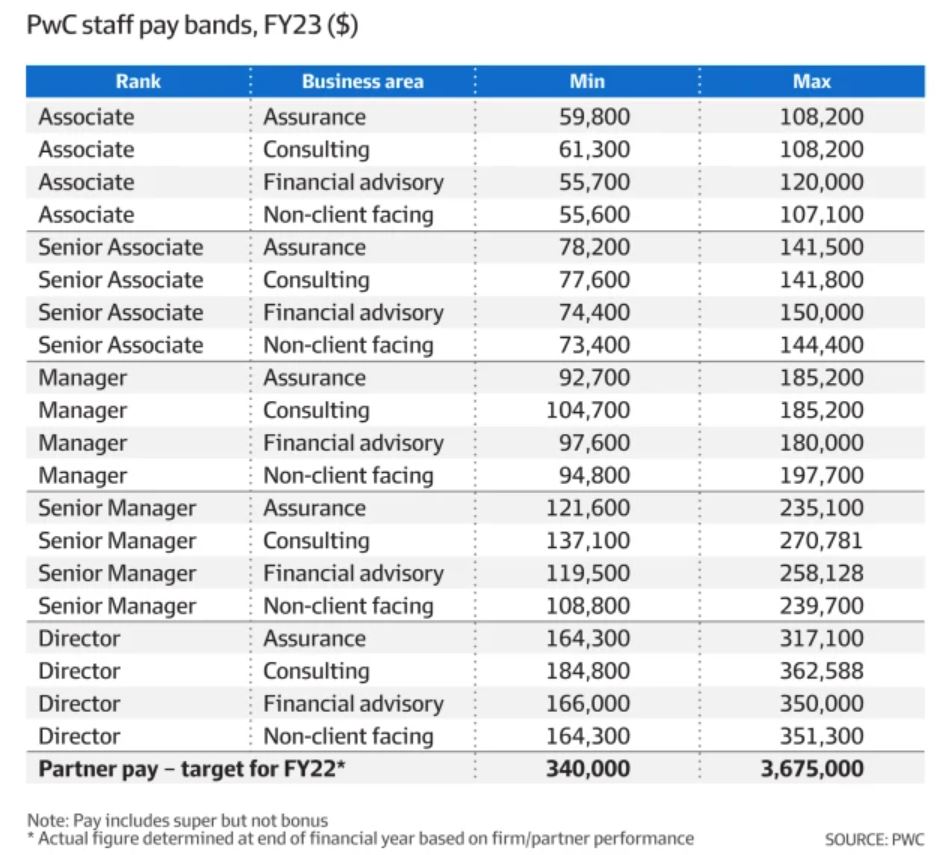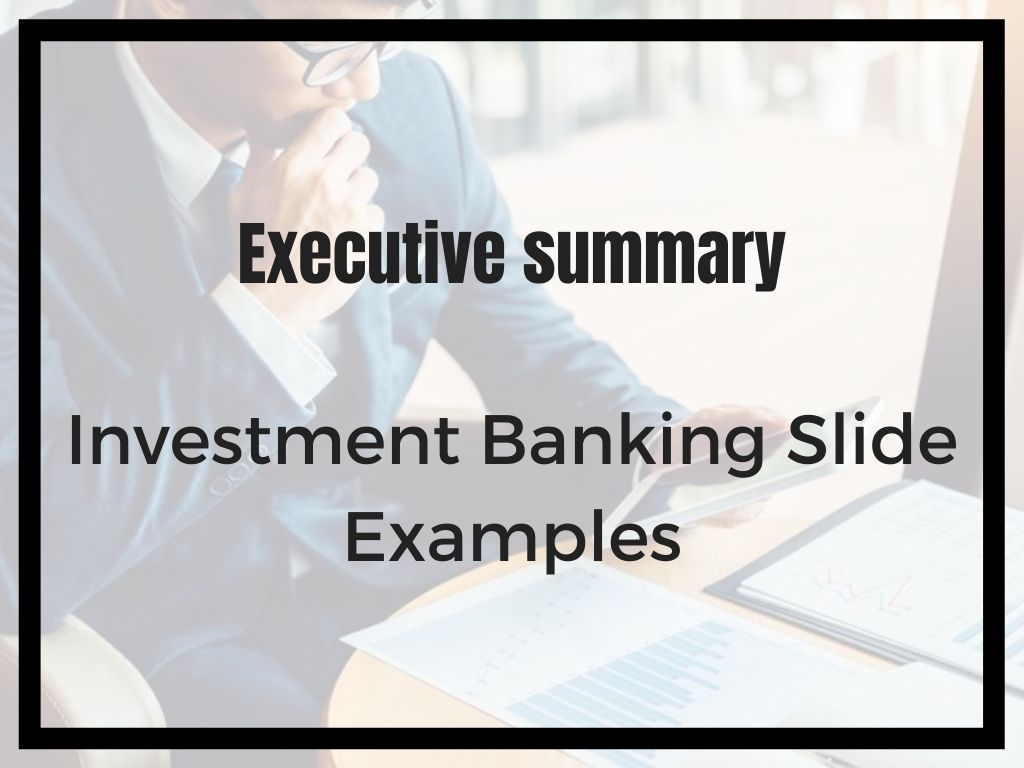
If you're looking to become a financial advisor, you should consider a financial advisor development program. These programs will help you acquire the knowledge and skills necessary to be a successful financial advisor. Learn everything you need to know about investing and financial planning. Learn how to market and develop your services, as well as how to refine your practice. After you're done, you'll have built a valuable network with professionals who can help your business succeed.
Accreditation is the most critical criterion in any program for financial advisor development
When choosing a financial advisor development program, accreditation is one of the most important criteria. Accreditation gives the program a seal of approval from an independent overseeing body. Accredited programs can receive financial aid. You can also transfer credits from another educational program.

Students must pass the Securities Industry Essential (SIE) Exam
Financial advisors must pass the Securities Industry Essential test, which is administered by FINRA. This exam is required for all other exams that are required to become a licensed securities professional. The exam is only open to students who are at least 18 years old. The SIE exam consists of 75 multiple-choice questions. The minimum passing score is 70 percent. It's a great choice for students and job changers who are interested in the industry. Passing this exam indicates that you are serious about entering the field.
Passing the SIE exam will increase your marketability and help you advance your career. The exam can seem overwhelming, but you have two options: self-paced and instructor-led courses. You can study to pass it. It will give your competitive edge and open doors to your future within the financial sector.
Students must complete Financial Planning Specialists (FPS).
A comprehensive program of study is required to become a Financial Planning Specialist. The program is intended to prepare students for 160 multiple-choice questions on the PFS exam. Half the questions are stand-alone, the other half being related case studies. The exam takes five hours. To prepare for the exam, students can watch a video tutorial that includes a practice exam session. Students must also complete four technical certificates, as well as an education bundle.

A Personal Financial Planner Specialist is a certified professional who specializes in financial planning. A PFS must meet the AICPA accreditation standards. PFS can work in areas such as financial management and tax preparation. To become a PFS, students must have extensive experience in 11 different areas.
FAQ
Are you a consultant?
Consulting is not only a good entry-level job for people looking to make quick money.
There are many options for consulting. These include project management, business strategy, strategy, leadership, and training. You could find yourself working with small start-ups and large international corporations.
You can develop your skills and gain experience in a variety of industries by consulting. This could include learning how to manage teams, write proposals, manage budgets and analyze data.
Which industries use consultants
There are many different types. There are many types of consultants. Some specialize in one type of business, while others can handle multiple areas.
Some consultants are limited to working for private corporations, while others can represent large corporations.
Some consultants are available to help businesses around the world.
What is the average price you should charge for a consulting job?
It depends on what service you provide. If you are providing services for free, then there isn't any point in charging anything. If you're selling products or services however, prices should be determined based on their value.
If you are offering low-quality services, you don't have much to sell. So why would anyone pay any money for your services.
If you are providing high-quality services, then you could ask for a higher price because people recognize the value you provide. Clients who purchase multiple packages may be eligible for discounts.
How much does it take to hire a consultant
Many factors go into determining how much it costs to hire a consultant. These are:
-
Project size
-
Time frame
-
Scope of employment
-
Fees
-
Deliverables
-
Other factors to consider include location, experience, and other considerations.
How much do consultants make?
Although some consultants can make more than $100k annually, the majority of consultants earn between $25-$50k. The average salary for a consultant is $39,000. This applies to both hourly and salaried consultants.
Salary is dependent on experience, location and industry. It also depends on whether the consultant works from home or has a remote office.
Statistics
- 67% of consultants start their consulting businesses after quitting their jobs, while 33% start while they're still at their jobs. (consultingsuccess.com)
- On average, your program increases the sales team's performance by 33%. (consultingsuccess.com)
- WHY choose me: Why your ideal client should choose you (ex: 10 years of experience and 6-week program has helped over 20 clients boost their sales by an average of 33% in 6 months). (consultingsuccess.com)
- Over 62% of consultants were dissatisfied with their former jobs before starting their consulting business. (consultingsuccess.com)
- So, if you help your clients increase their sales by 33%, then use a word like “revolution” instead of “increase.” (consultingsuccess.com)
External Links
How To
How To Find The Best Consultant?
Ask yourself what you want from your new consultant before you start looking. Before you begin looking for a consultant, it is important to know what your expectations are. It is important to make a list with all the requirements you have for a consultant. These could include professional expertise, technical skills and project management abilities, communication skills, availability, and other things. Once you've listed out these requirements, then you may want to consider asking some friends or colleagues who they would recommend. Ask them if they had any bad experiences with consultants previously and see how their recommendations compare with yours. Try searching online for recommendations if you don’t have any. You can post reviews on your previous work experiences on many websites like LinkedIn, Facebook and Angie's List. You can use the comments and ratings left by others to help you find potential candidates. After you've compiled a list of potential candidates, it is time to reach out to them and schedule an interview. In the interview, discuss your needs and ask them for their suggestions on how you can achieve them. It doesn't really matter if they were recommended; as long as they understand your business objectives, they will be able to show how they could help you achieve them.